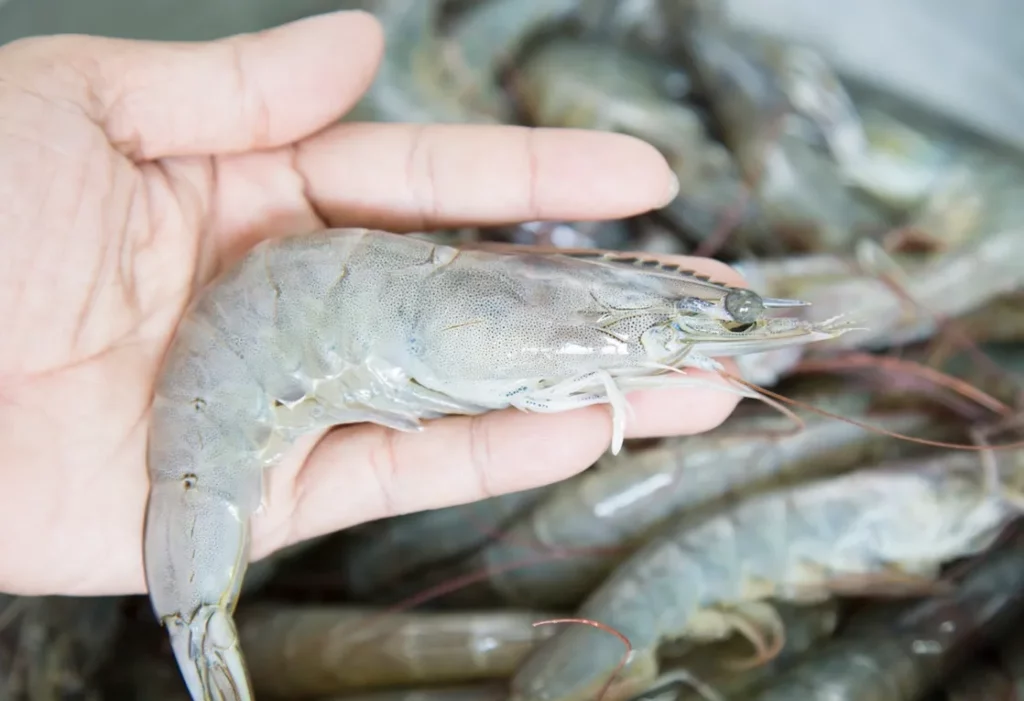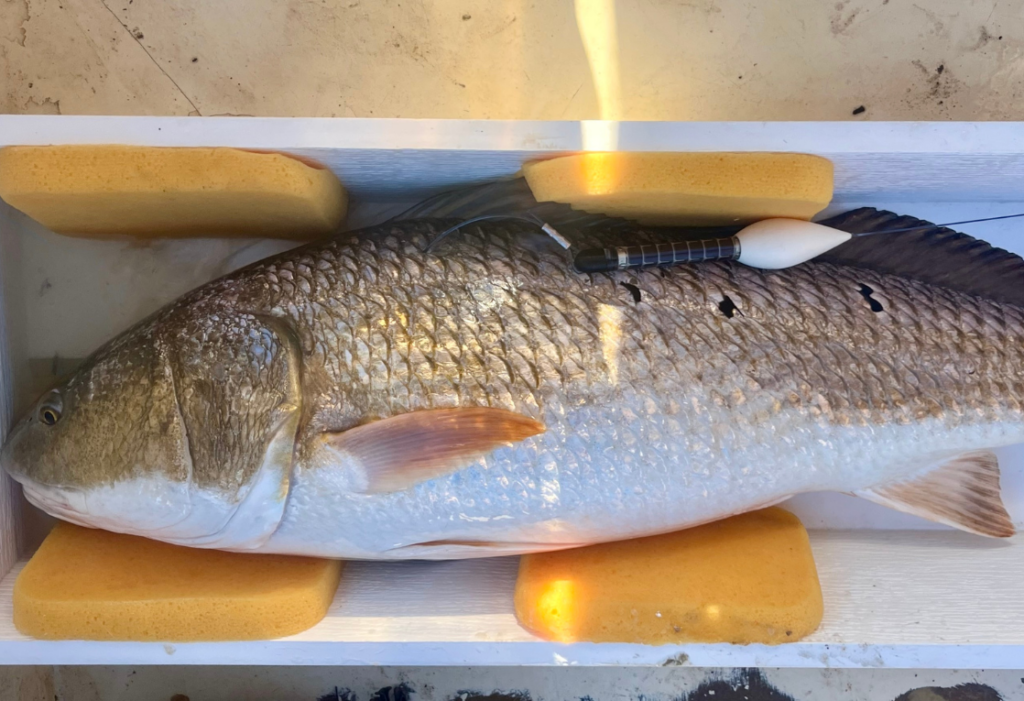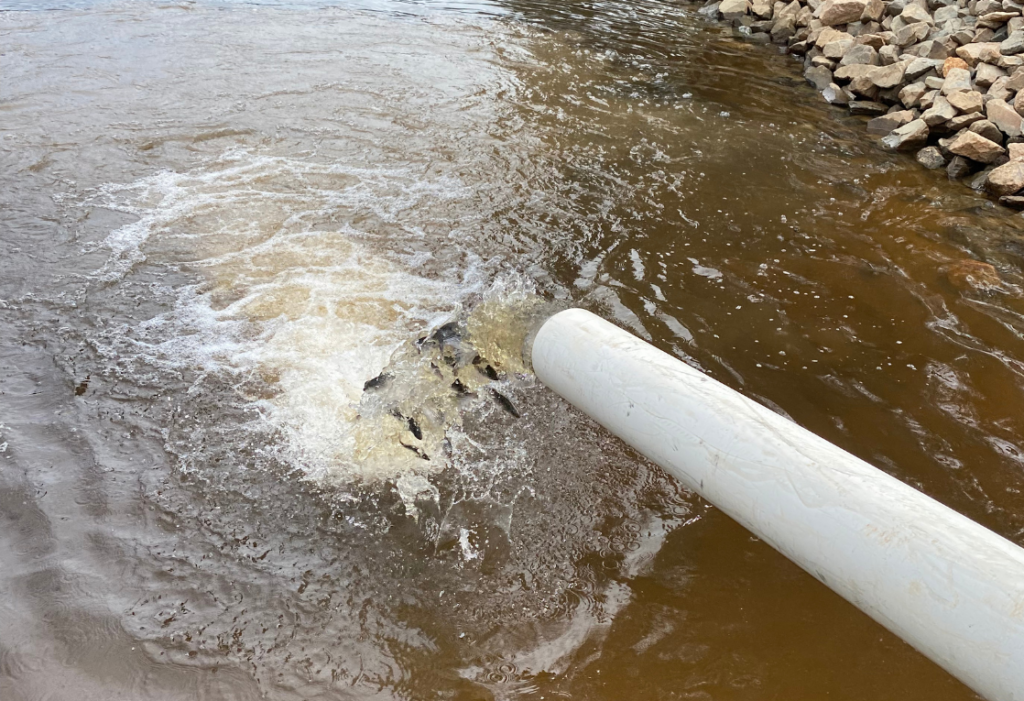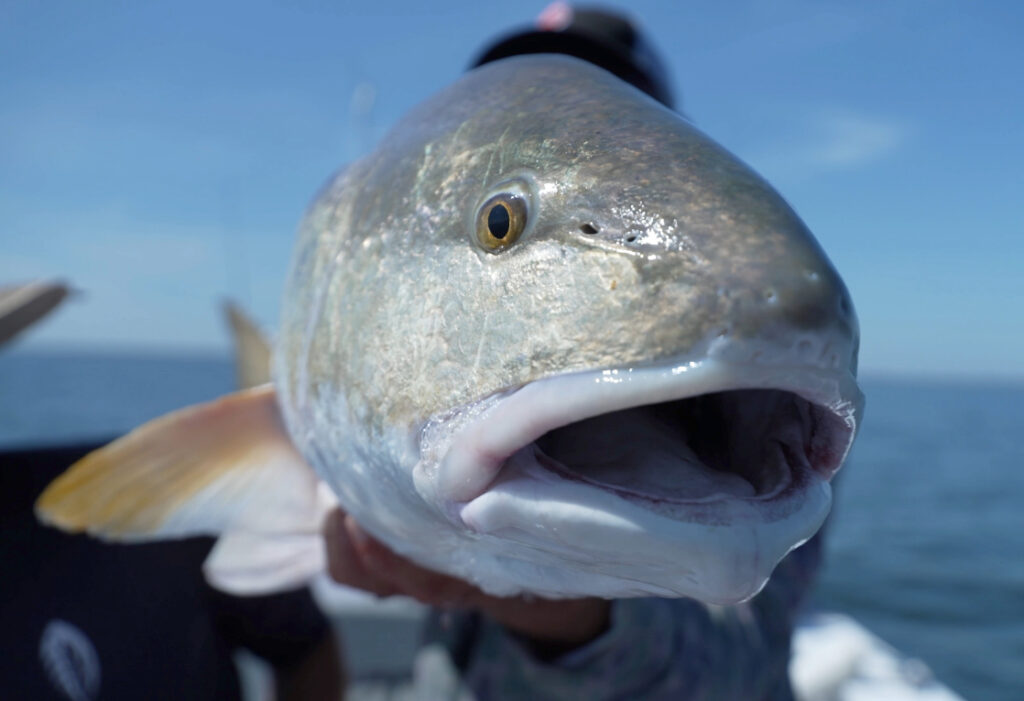Are you a victim of seafood fraud? According to new research, there’s a good chance the shrimp on your plate is not from this state, not even this continent.
A forensics science class at the University of North Carolina Chapel-Hill recently collected 106 shrimp samples listed as “local” from 60 vendors from coastal and inland counties across the state. After following standard barcoding procedures to determine a percentage of falsely listed shrimp in North Carolina, they uncovered that approximately 34 percent of the study sample was Whiteleg Shrimp, a species that is widely farmed, frozen, and imported from overseas.
Of all seafood consumed in the United States, shrimp is the most popular, and the average American eats about four pounds a year (NMFS, 2015). Unfortunately, our coastal resources struggle to support our country’s growth rate. The national and state population has more than doubled since 1950, and approximately 90 percent of seafood in the United States is imported to satisfy demand.
While our population and shrimp consumption increases, certain dealers are utilizing unlawful strategies to make a quick buck. Economic seafood fraud occurs in a wide range of products worldwide. False labels, weights, geographic origins, and other fabricated listings allow cheaper or illegally caught species to be marketed to consumers, hurt local economies, and support exploitative labor practices.
“Because most seafood changes hands five to seven times before it ends up at a grocery store, tracking the mislabeling to its origin in the seafood supply chain is complicated,” said John Bruno, the UNC biology professor who supervised the research.
In efforts to reduce economic seafood fraud in North Carolina, Bruno’s classes attempt to certify seafood sellers to ensure accurate labeling is executed throughout the state. He and his students encourage people to question the origin of the seafood listed as “local” at markets and restaurants. While it may not guarantee the label is accurate, businesses will invest in the effort to avoid economic fraud in the future if customers begin to challenge the source today.




